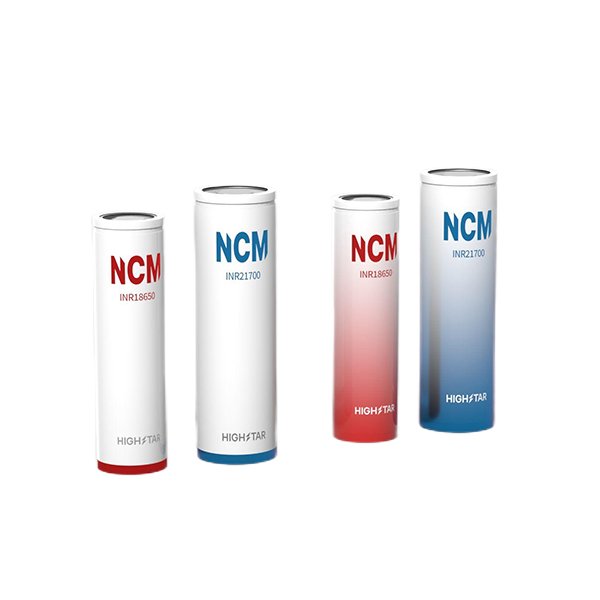The Science Behind Engine Cleaning: Unveiling the Chemicals that Power Performance

Maintaining a clean engine is crucial for optimal performance and longevity. While regular maintenance and oil changes are essential, using the right chemicals for engine cleaning can significantly enhance its efficiency. In this article, we will delve into the world of engine cleaning chemicals, exploring their composition, functions, and the science behind their effectiveness.
- Degreasers:
Degreasers are the backbone of engine cleaning, designed to remove stubborn grease, oil, and grime. They contain powerful solvents such as petroleum distillates, alkaline compounds, and surfactants. These chemicals work together to break down and dissolve the accumulated dirt, allowing for easy removal. The alkaline compounds help neutralize acidic residues, preventing corrosion and extending the engine's lifespan. - Solvent-based Cleaners:
Solvent-based cleaners are specifically formulated to tackle tough stains and contaminants. They often contain chemicals like acetone, toluene, or xylene, which have excellent dissolving properties. These solvents penetrate deep into the engine's surfaces, dissolving oil deposits, carbon buildup, and varnish. The result is a thorough cleaning that restores the engine's efficiency and performance. - Emulsifiers:
Emulsifiers are essential for removing oil and water-based contaminants. They contain surfactants that break down the oil molecules into tiny droplets, allowing them to mix with water. This process, known as emulsification, enables the removal of oil and grease from the engine's surfaces. Emulsifiers also prevent the re-deposition of contaminants, ensuring a longer-lasting clean. - Rust Inhibitors:
Rust inhibitors play a vital role in engine cleaning, as they protect metal surfaces from corrosion. These chemicals form a protective layer on the engine's components, preventing moisture and oxygen from reaching the metal. Common rust inhibitors include phosphoric acid, zinc compounds, and organic inhibitors. By inhibiting rust formation, these chemicals help maintain the engine's structural integrity and prevent costly damage. - Citrus-based Cleaners:
For those seeking environmentally friendly options, citrus-based cleaners offer a natural alternative. These cleaners utilize the power of citrus extracts, such as d-limonene, to break down grease and grime. Citrus-based cleaners are biodegradable and emit a pleasant aroma, making them a popular choice among eco-conscious individuals. However, they may not be as effective on heavy-duty stains compared to their solvent-based counterparts.
Conclusion:
Engine cleaning chemicals encompass a range of specialized formulations designed to tackle different types of contaminants. From degreasers and solvent-based cleaners to emulsifiers and rust inhibitors, each chemical plays a crucial role in maintaining engine performance and longevity. By understanding the science behind these chemicals, you can make informed choices when it comes to cleaning your engine. Remember to follow manufacturer guidelines and safety precautions to ensure optimal results and protect both yourself and your engine.




